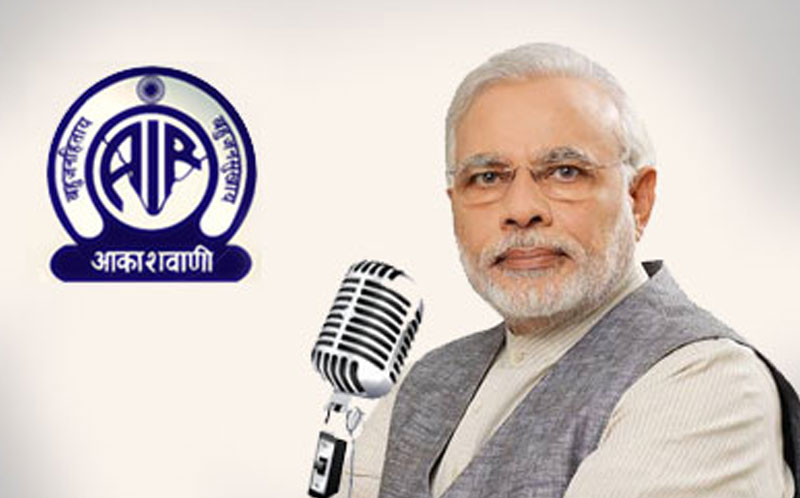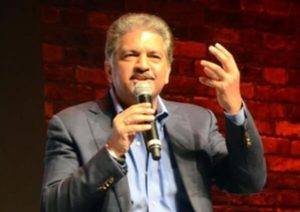Radio brings people closer, Modi on World Radio Day
New Delhi : Prime Minister Narendra Modi, who connects with people across the country via his monthly “Mann Ki Baat” radio programme, on Tuesday extended his greetings on World Radio Day to all those associated with the world of radio and listeners.
“On World Radio Day, I convey my greetings to all those associated with the world of radio, which includes those working in the industry and the listeners,” he said in a statement.

He hoped this medium of communication will always remain a focal point of learning, discovering, entertaining and growing together.
Modi also shared his experience with radio, saying that it brings people closer and he has been continuously experiencing this through “Mann Ki Baat”.
The Prime Minister also shared the links of all episodes of “Mann Ki Baat” in which he speaks about ideas shared by people speaks on variety of themes.
Information and Broadcasting Minister Smriti Irani also conveyed her greetings on the occasion.
“Greetings on World Radio Day. One of the most powerful modes of communication, Radio has touched our lives in more ways than one. Whether it be listening to Prime Minister’s ‘Mann ki Baat’ or songs on the go – Radio brings colours of life to the fore through the power of voice/sound,” she said in a tweet.
Radio is still the most dynamic, reactive and engaging medium there is, adapting to 21st century changes and offering new ways to interact and participate.
India’s National Broadcaster and also the premier Public Service Broadcaster, All India Radio (AIR), is one of the largest broadcasting organisations in the world in terms of the number of languages of broadcast and the spectrum of socio-economic and cultural diversity it serves. AIR’s home service comprises 420 stations located across the country, reaching nearly 92 per cent of the country’s area and 99.19 per cent of the total population. AIR originates programming in 23 languages and 146 dialects, according to the website.
Radio, a powerful communication tool and a low cost medium, is specifically suited to reach remote communities and vulnerable people — the illiterate, the disabled, women, youth and the poor, while offering a platform to intervene in the public debate, irrespective of people’s educational level.
UNESCO has called on all radio stations around the world to showcase the beauty of sports in all of its diversity.
IANS







